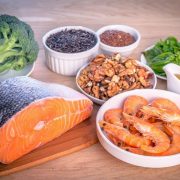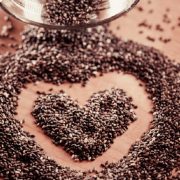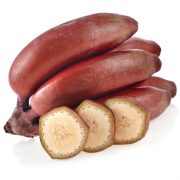Vitamins and minerals play a crucial role in keeping our health well in anytime.
Iron is not an exception. It does the same.
World Health Organization warns that 80% of the World’s population suffers from iron deficiency.
If you are in the other 20% you are doing a great job, and continue with it.
But in case you are in the majority this is the right place for you.
This article will help you overcome the iron deficiency and it will teach you a lot of things about it.
Why iron is so important for us?
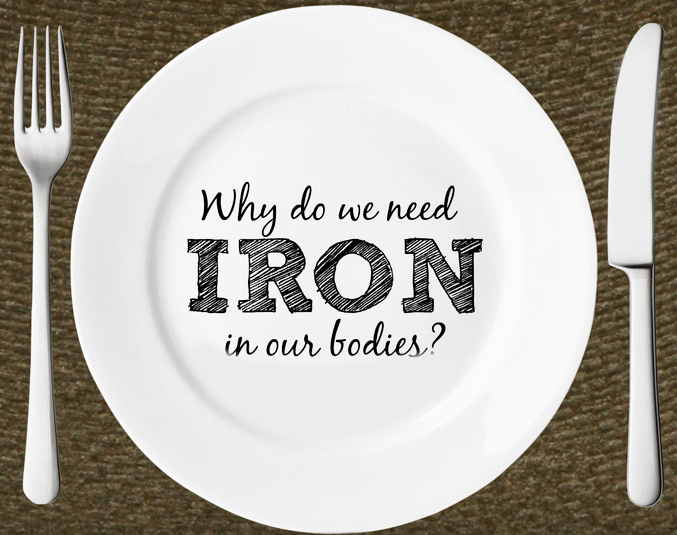
This essential mineral is important for our health. As stated at 365Nutri, Iron takes part in any cell in our body and plays a huge role in creating a strong immune system. To be clear, our organism does not produce iron, instead it absorbs it through the small intestine. Iron is the main and most important part of the hemoglobin, which moves the oxygen in our body.
Iron deficiency may lead to slowed growth at kids, and behavior problems. Pregnant women who have iron deficiency are exposed to risks such as premature birth, and the baby might be born low weighted.
Iron deficiency symptoms
Iron deficiency appears more often at women than men. In a period of 30 days, women lose more iron compared to men.
The most common symptoms of iron deficiency are:
- Fatigue and tiredness
- Dizziness or fainting
- Hair loss
- Focusing problems
- Headaches
- Brittle nails
Iron deficiency might be detected through blood analysis.
Risk groups
Anyone can be affected by iron deficiency, but some people are more likely to be affected by it.
Women: Because of the menstrual period at women they are more likely to suffer from iron deficiency. Women lose iron more than any group.
Vegetarians: Iron that can be found in animal products, red meat, liver and the eggs can be absorbed easier by the organism, than iron found in the food like vegetables. This is the main reason why vegetarians find it hard to consume iron compared to those who eat meat.
People suffering from diseases on the digestive system: This group has difficulties consuming iron and the process is slower.
Recommended daily dosage of iron
How much iron should I consume? This depends on the organism. Every person has different needs of iron. In the process of growing up, iron must be consumed more often. Kids and teenagers need it the most. Pregnant women and women with abundant menstruation need it a lot!
These are the recommended daily dosages of iron varying by age and sex:
- Kids (1 – 10 years) – 7 – 10 mg
- Women (19+ years) – 18 mg
- Men (19+years) – 8 mg
- Pregnant women – 27mg
- Breastfeeding women – 9 – 10 mg
Food rich in iron
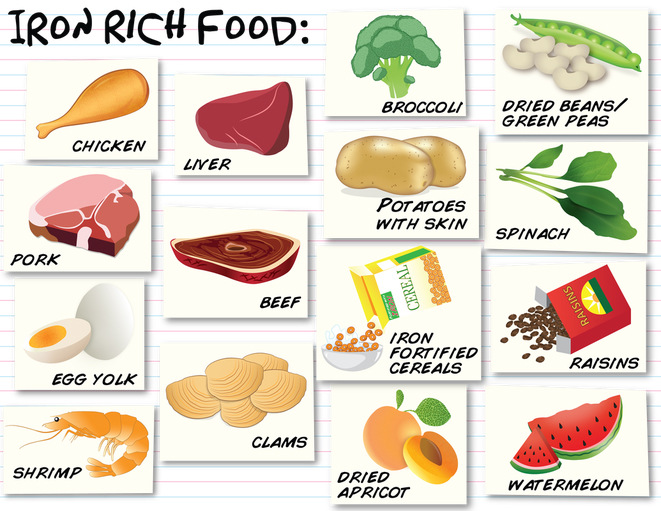
Iron can be mostly found in: pork liver, beef kidneys, red meat, fish, flour, nuts, beans, egg yolks, spinach, lens, strawberries, kiwi, cauliflower, broccoli, potatoes, and tomatoes.
When consuming foods rich in iron you should avoid consuming: tea, coffee, milk and soy. They block the absorption of iron.
Potassium can also block the iron absorption. Therefore, if you consume additional minerals, avoid the iron – potassium combination.
If your iron intake is only through vegetables, you should have in mind that the food needs to be combined with some other food that is rich in vitamin C.

